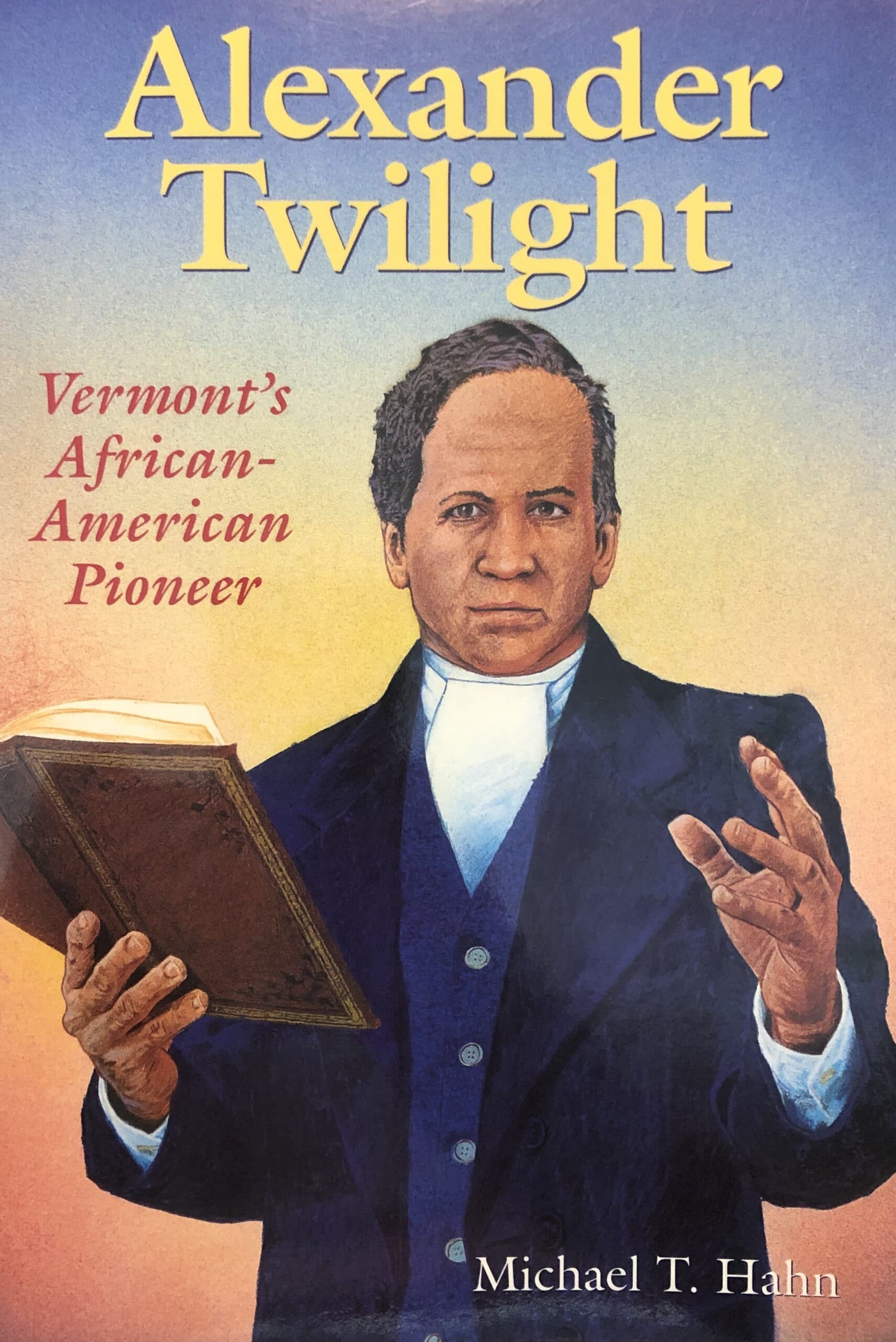
For our seventh Twilight Tidbit, we mark August 12, 2020 as International Youth Day! Here’s what the United Nations writes about it: “The theme of International Youth Day 2020, “Youth Engagement for Global Action’ seeks to highlight the ways in which the engagement of young people at the local, national and global levels is enriching national and multilateral institutions and processes.”
To celebrate International Youth Day 2020, we’re looking back on Alexander Twilight’s legacy as an educator. He and his wife Mercy fostered strong relationships with their students, empowering them to become leaders in government, business, and their local communities. The coming school year will be extremely challenging for students, teachers, and parents, but Alexander Twilight reminds us that learning can be serious and fun at the same time. As we think about how to support and empower youth in such challenging times, we should remember the legacy of Alexander Lucius and Mercy Ladd Twilight.
Read this excerpt from Alexander Twilight: Vermont’s African-American Pioneer by Michael T. Hahn to learn more about how Alexander and Mercy engaged their students. Then stay tuned next week for our next Tidbit from the life and times of Mr. Twilight.
 “Alexander was very serious about preparing his pupils for college, and his classes closely followed the courses he had taken at Middlebury College.
“Alexander was very serious about preparing his pupils for college, and his classes closely followed the courses he had taken at Middlebury College.
Although he was demanding and strict, Alexander had a good sense of humor, and he tried to make education fun for his students. He was often eager to share a laugh with his pupils…Not only did his students learn well, they also came to respect and admire Alexander Twilight…He became a beloved father figure for the boys and girls under his care.
Mercy Twilight also played an important role in dormitory life…Many of the students were far from home, and some rarely saw their real families. The academy became their “home away from home,” and the Twilights and students seemed like one big family.
Alexander was a hero to his pupils. He believed that teaching young people is the most important job of all, and he strove to improve the minds and souls of his students. He used laughter, music, entertainment, and literary exhibitions to make learning fun, and he influenced their characters as well as their scholarship. It can be said that his contributions to his students’ well-being were even more enduring than the granite building in which he molded their personalities.”
